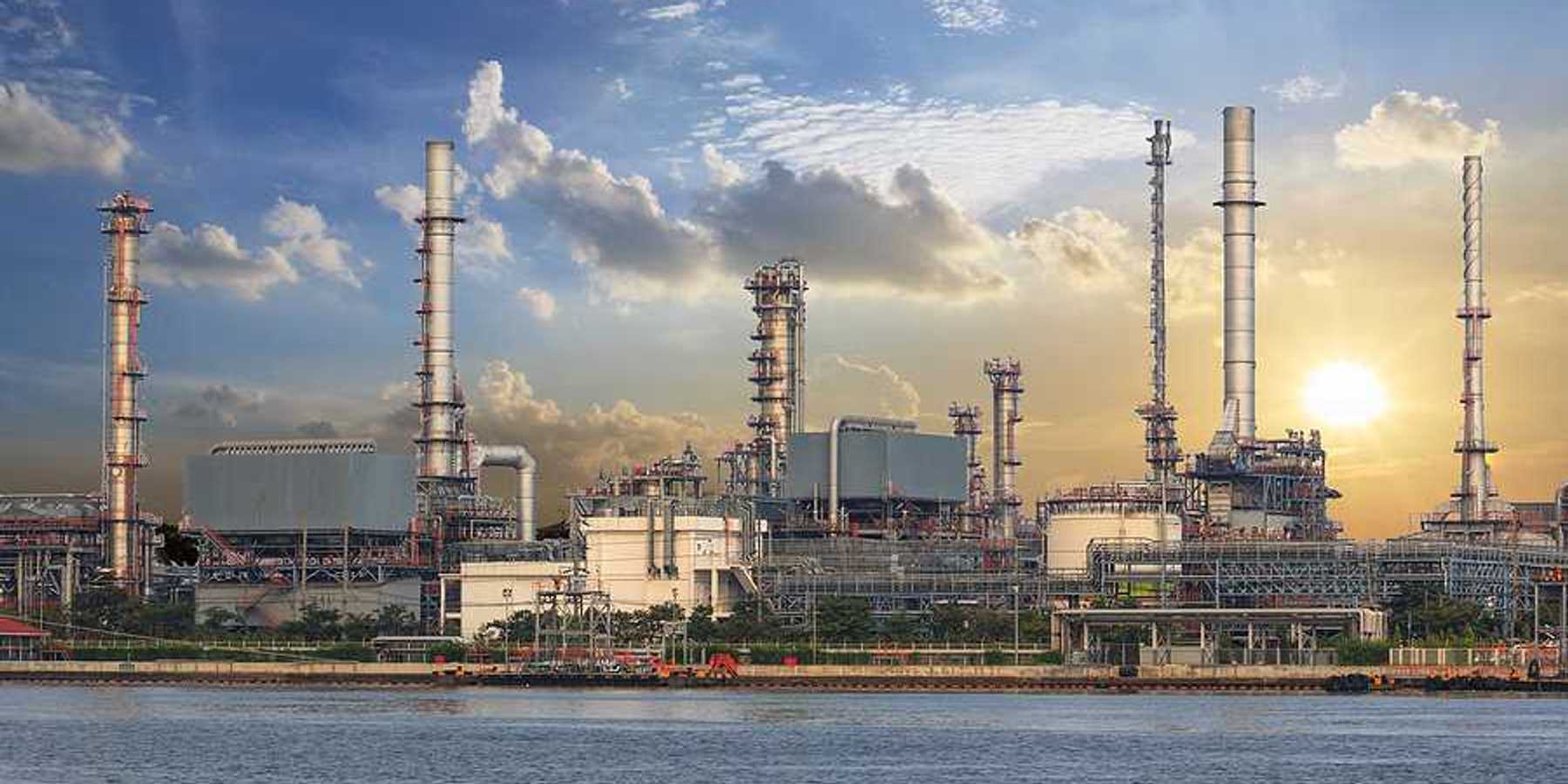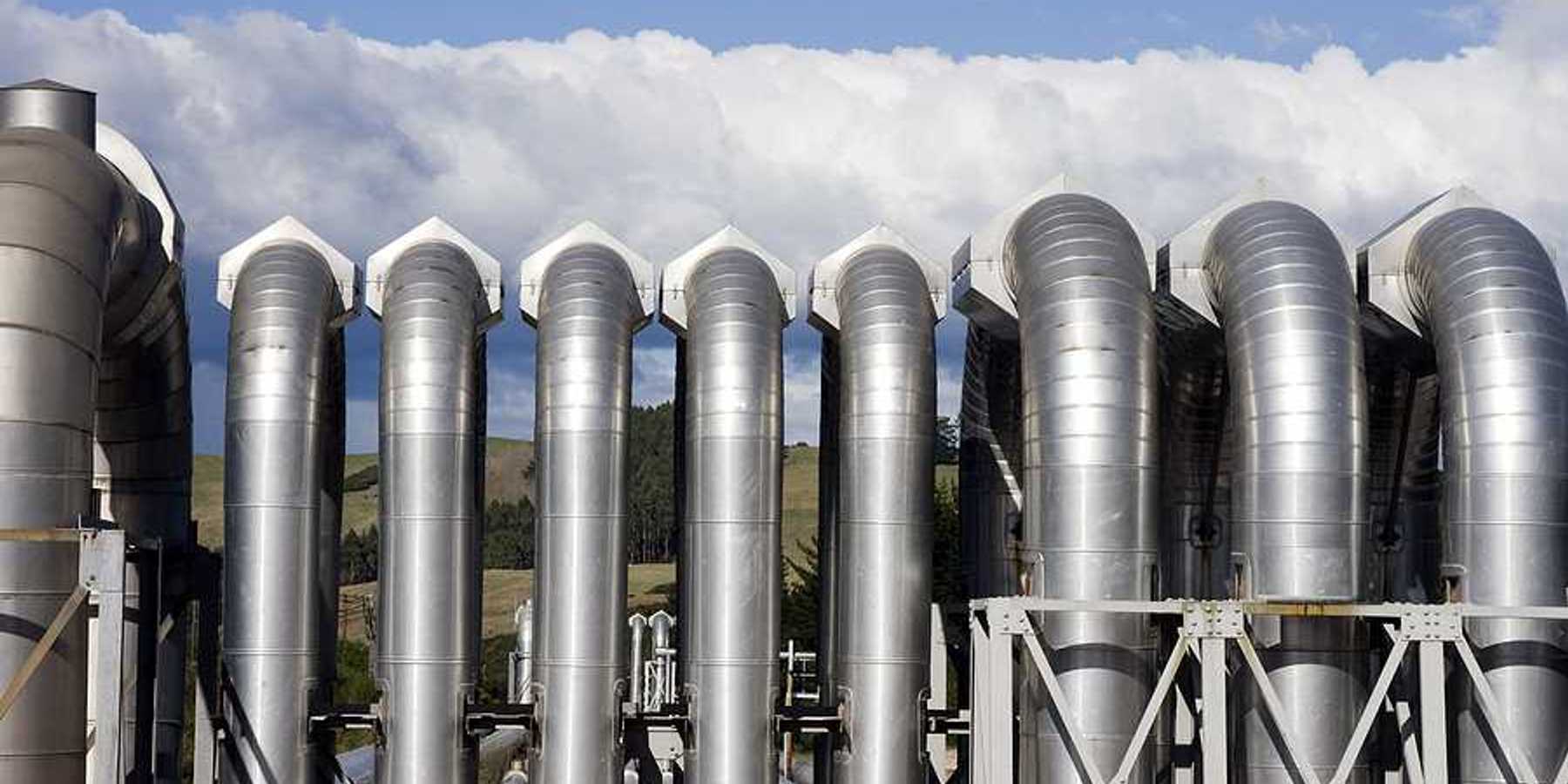Chip manufacturing expansion in the West requires careful resource management
The Biden administration’s CHIPS Act is set to transform the Western U.S. into a semiconductor hub, but it poses significant challenges related to water and energy resources.
Erin X. Wong reports for High Country News.
In short:
- The CHIPS Act will provide $29.5 billion to support semiconductor production in the U.S., with a focus on the Western states, to reduce dependency on foreign supply chains.
- New semiconductor factories, such as those planned by TSMC and Intel in Arizona, require substantial water and energy resources, raising concerns in drought-prone areas like Arizona.
- TSMC’s facilities are expected to create 6,000 permanent jobs, and Intel’s expansion could add 700 jobs in New Mexico, leading to significant economic growth and increased housing demand.
Key quote:
“Energy, climate tech, batteries, EVs, quantum computing, health-care diagnostics—at the center of all of this are (semiconductor) chips.”
— Chris Camacho, president and CEO of the Greater Phoenix Economic Council
Why this matters:
The push to increase U.S. semiconductor production aims to bolster national security and economic resilience, but it may exacerbate resource strains in regions already facing environmental challenges. Balancing industrial growth with sustainable resource management is crucial to ensure the long-term viability of these initiatives.
Related: Biden aims to transform US with historic $1.6 trillion investment













